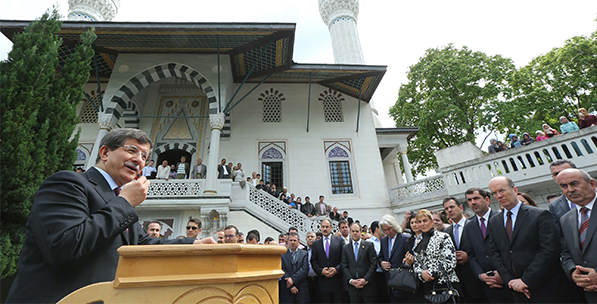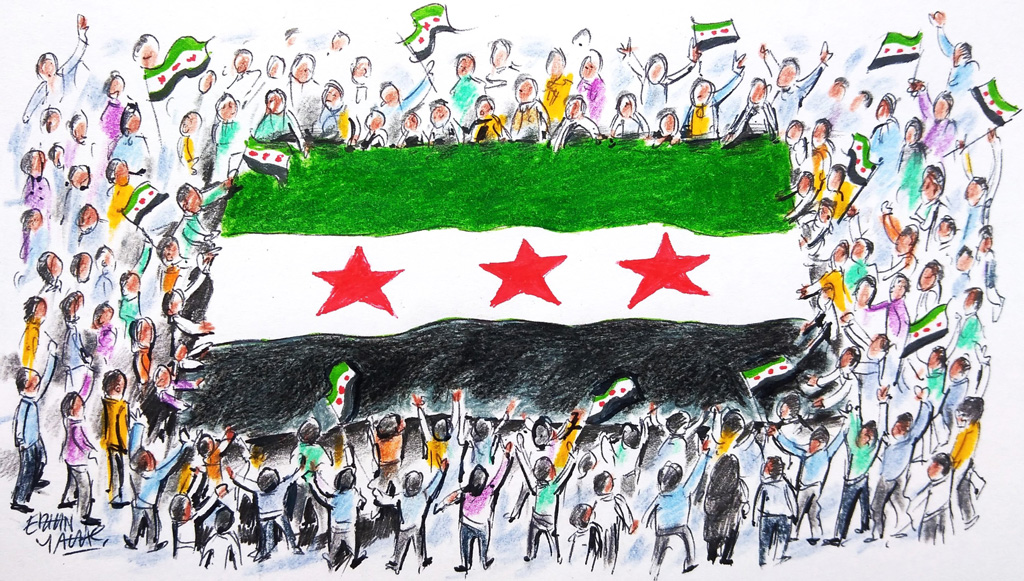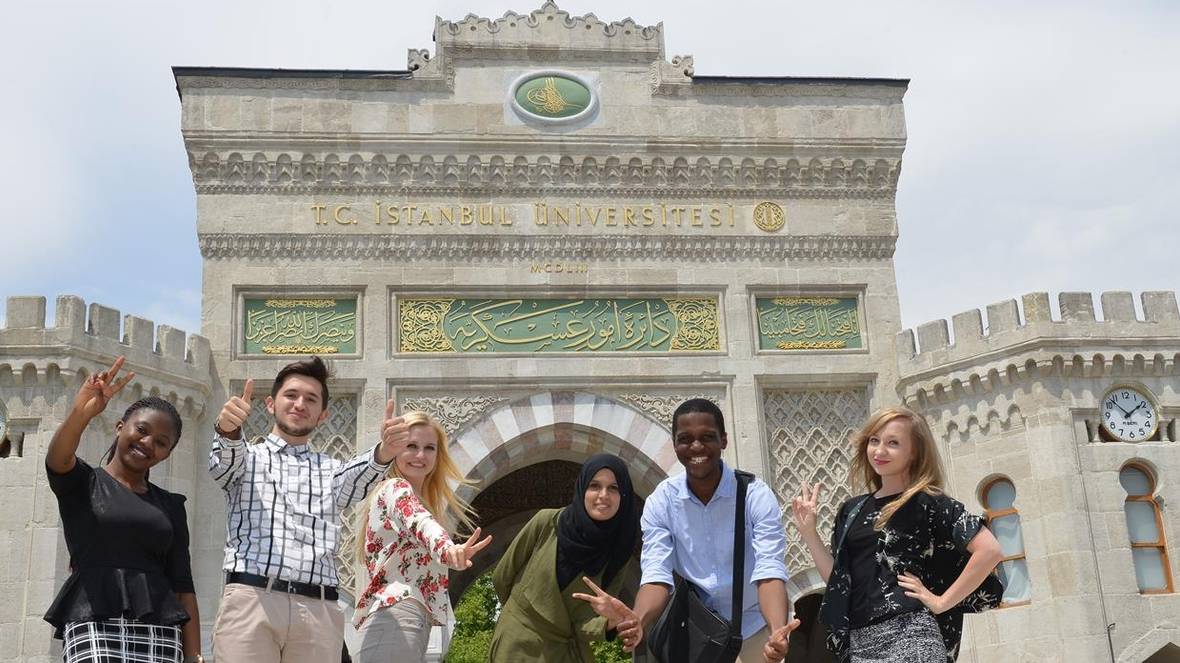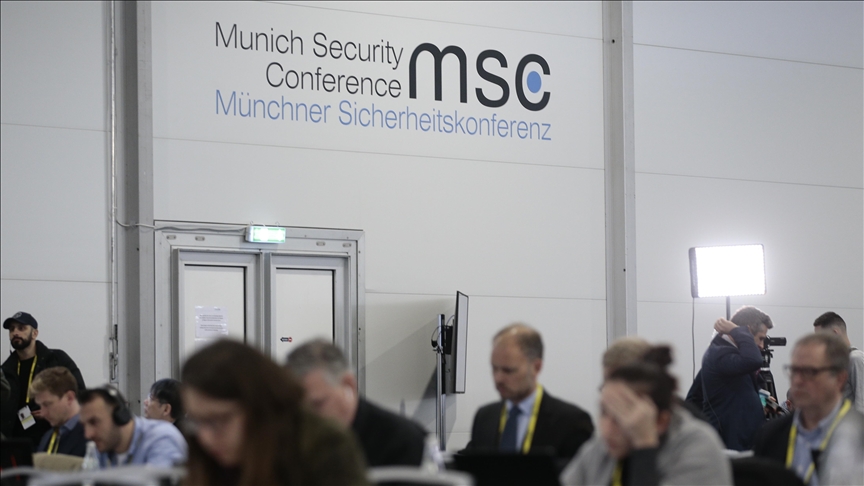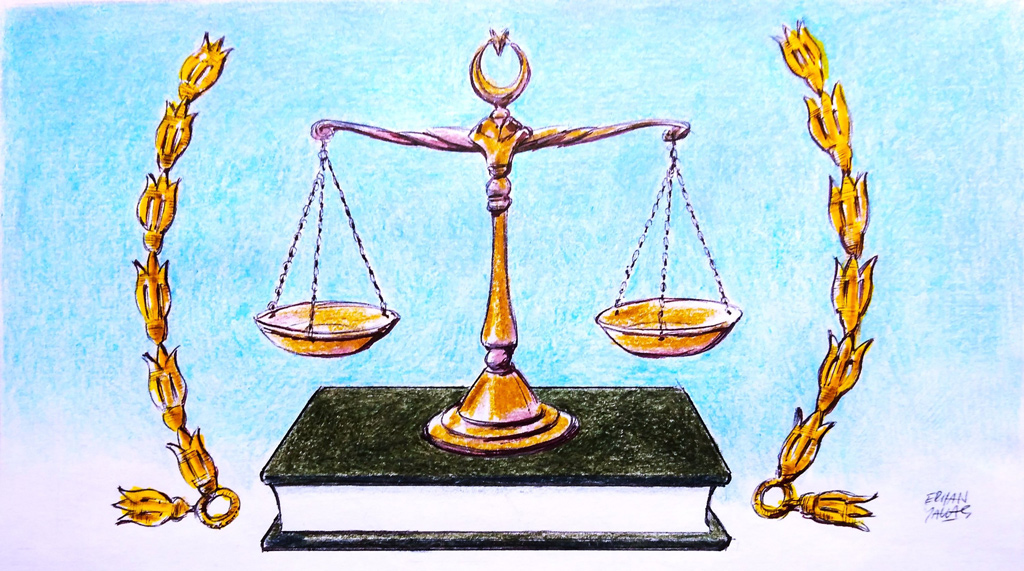2013, without doubt, deserves to be labeled the longest of the 2000s both for Turkey and the region. The style of politics and the new regional order that have been ushered in the Arab world by popular movements were exposed to the attacks and counter-revolutions of the old regimes and the pro-status-quo powers. As the vision of a new region has received a blow, Turkish foreign policy, one of the most compassionate advocates of this vision both in the region and in the international arena, has also become a target of discussions and criticisms. The debates resulting from the developments in the Middle East in general, andSyriaandEgyptin particular have brought two main points to the forefront: The isolation of Turkish foreign policy and its adaptation of a religious-sectarian line. According to these groups, who have asserted that before the Arab Spring Turkish foreign policy prioritized soft-power, aimed a state of “zero-problem” with neighbors and established dialogue with all actors; however, this policy has dramatically changed with the Syrian crisis and taken a direction to adopt a sharp discourse although it suffers the capacity of implementation and has been nurtured by ideological motives rather than a strategic mind. The claim was that a change had taken place to reduceTurkey’s power of influence and maneuverability. Therefore, Turkish foreign policy before the Arab Spring was found successful and applauded, but was considered unsuccessful and criticized after the Arab Spring. Other than the Western circles outside, liberal-leftist and Kemalist segments inside the country frequently have voiced these criticisms. In this particular period, Turkish foreign policy was announced unsuccessful following the accusations of “isolation”, “Islamization” (overriding real political calculations by ideological drives) and adopting a tougher stance.
A VALUE-BASED FOREIGN POLICY
Mostly developed by liberal circles, these theses are based on poor foundations. First of all, liberals are expected to defend normative and value-based national and foreign policies, but instead they accuse the government of adopting a too normative and a value-based policy. This is inconsistent with the liberal philosophy itself and with the practices of other liberal groups around the world. Normally, states develop interest-based foreign policies with a focus on real political constraints; however, intellectuals and liberals find these policies “inhuman” and try to carry them on to a value-based moral ground. While doing so, the value they claim is neither national interest nor right to rulership. But instead the values such as human dignity and the protection of individual freedoms, lives and properties of citizens are the values and principles that are worth giving a fight and dying for. The liberal principle of “intervention for the responsibility to protect” is the product of such a mindset. As it is seen with this principle, if the issue is human dignity and protection of right to life, the right of rulership transforms into a detail that may, or should, be easily violated. For this cause, one may remain alone or may take a counter-stance against his/her old allies. IfTurkeyis left alone because of her foreign policy, what needs to be concentrated on is the reason behind this isolation rather than the state of isolation itself. Is this loneliness stemming from defending a “legitimate,” “righteous,” and “just” position or from another reason; that’s the real question one should ask.
On the other hand, the argument of Turkey’s isolation corresponds to a narrow-minded reading that reduces Turkish foreign policy to specific relations with principal actors in the Middle East only. By focusing only on relations with Syria, Egypt and Israel the thesis of Turkey’s being isolated represents a reductionist approach as it ignores the heavy diplomacy on developing affairs in Africa, opening of

